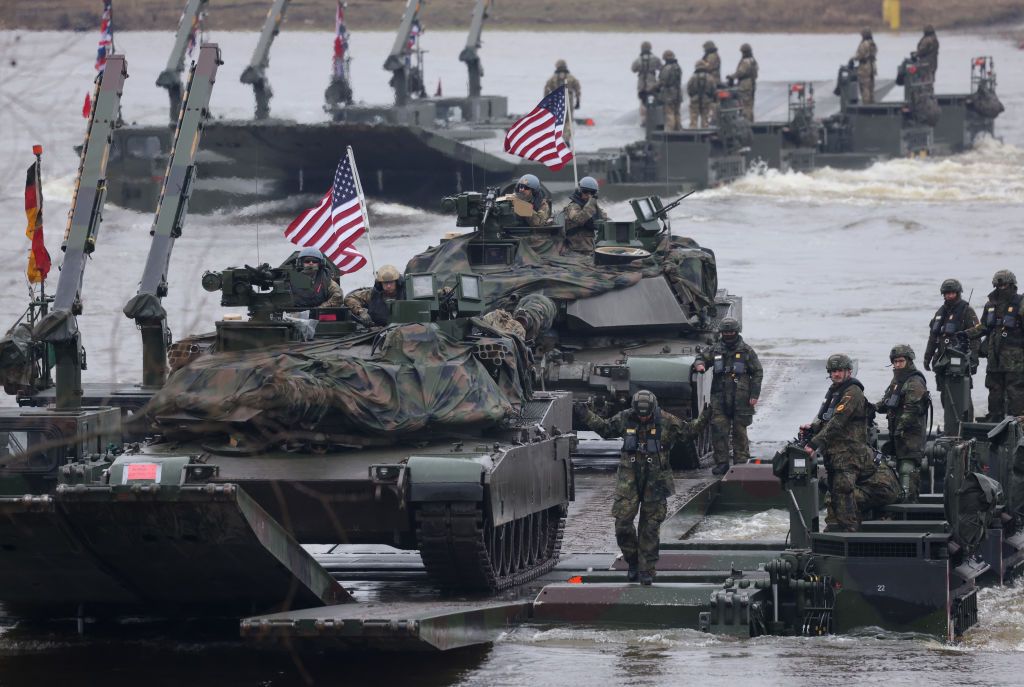In recent years, the issue of NATO free-riding on the United States has come to the forefront. Former U.S. President Donald Trump criticized America’s transatlantic allies for not spending enough on defense, echoing concerns raised by past presidents like Eisenhower, Kennedy, Nixon, and Obama. The suggestion that the U.S. might reduce its troop levels in Europe if other NATO members did not increase their defense spending led to an “offset agreement” with Germany. However, Trump went further by directly jeopardizing the safety of NATO allies, equating defense spending targets with direct payments to NATO. This has raised questions about the U.S. shouldering a disproportionate burden compared to its allies.
While some Americans may share Trump’s concerns about fairness, it is important to recognize that America’s high military spending is not solely due to its NATO commitments. The U.S. maintains military superiority to counter escalating great-power rivalries and to uphold its strategic objectives. By exceeding the 2% defense-spending target, the U.S. ensures its military and technological supremacy. This enhances its ability to influence global security dynamics, counter strategic competitors like China and Russia, and shape economic policies and trade agreements. The costs of maintaining active-duty bases worldwide are a small proportion of overall military expenditures.
NATO serves as a crucial component of the U.S. security umbrella, enabling it to respond swiftly to threats and challenges globally. The presence of U.S. military forces around the world acts as a deterrent against potential adversaries, reducing the likelihood of conflicts and military challenges. Through alliances like NATO, the U.S. can foster economic cooperation, promote its values, and counter emerging security threats like cyber warfare. NATO’s intelligence sharing, joint exercises, and collective defense mechanisms strengthen America’s security posture and influence on the world stage.
The U.S.’s central role in regional and global security networks grants it unmatched leverage in facilitating international cooperation and influencing outcomes. NATO’s adaptability, exemplified by its engagement with Indo-Pacific partners to address the rise of China, underscores America’s unique coordinating power. By maintaining alliances and security partnerships, the U.S. can protect global trade routes, ensure the free flow of trade and energy supplies, and counter illicit activities like narcotics trafficking that fund terrorist organizations. By promoting norms and aligning interests, the U.S. can mitigate protection costs and enhance the effectiveness of its security strategies.
As Europeans contemplate the challenges posed by great-power competition, there is a growing movement towards “strategic autonomy” to reduce reliance on external actors, particularly the U.S. France, in particular, has advocated for a more assertive stance against Russian aggression, embracing Ukraine’s potential NATO membership, and leveraging EU enlargement for geopolitical influence. The U.S. must recognize that NATO is not just about protecting allies but is integral to a comprehensive strategy that advances its interests and sustains its global leadership. Withdrawing from the alliance would diminish U.S. influence without significantly reducing military spending, undermining its ability to shape global security dynamics.


